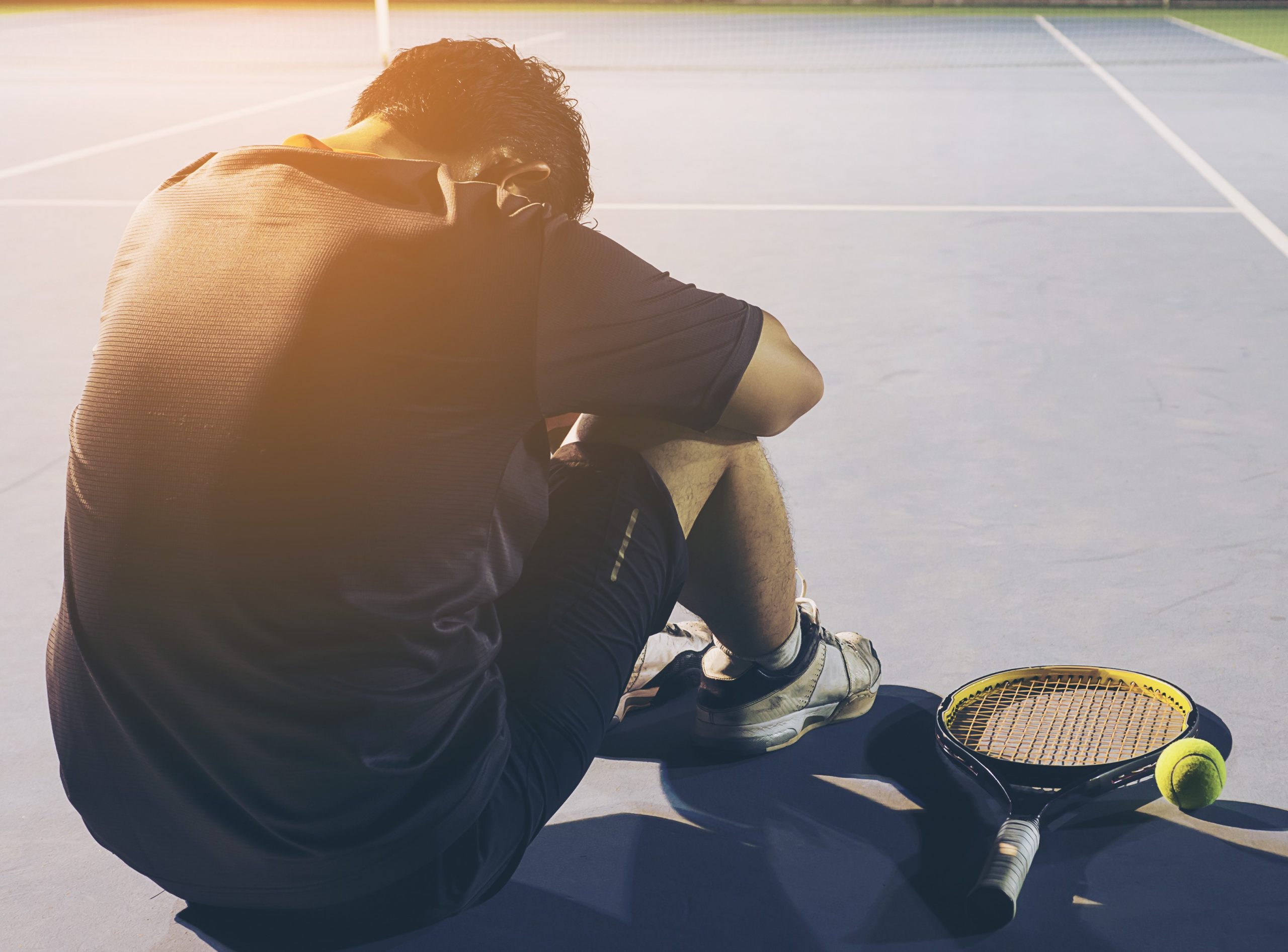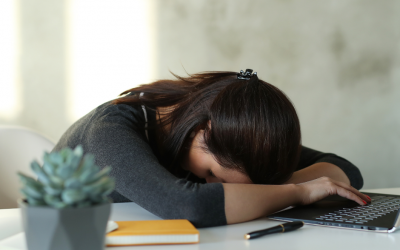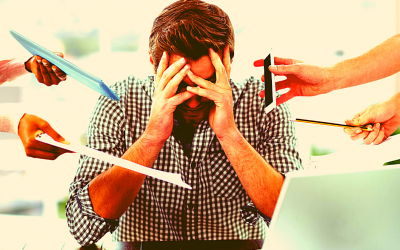There is a dramatic and well-documented positive correlation between being involved in sport or exercise and good mental health. Getting regular exercise releases so many good hormones that help us to maintain a positive mental health that it is only advisable to keep yourself active. But what about when sport is bad for your mental health?
Let’s start by taking a quick look at the positives of exercise and sport.

Gentle exercise like walking can have a tremendous effect on the brain. During movement, Theta brainwaves are detectable as increasing when someone is moving in an unfamiliar environment – these particular brainwaves are particularly beneficial to learning and memory. Aerobic exercise also helps to stimulate greater production of brain nourishing molecules too.
Exercise has a proven link to increased self-esteem, reduced stress and improved mood. In fact, GPs will also ‘prescribe’ exercise of some form as part of treatment for someone suffering from depression and anxiety.
The curative and restorative powers of exercise are increased by participation in sport too. Getting involved with sport adds several secondary aspects to the mental health benefits of exercise. Largely this is related to the social aspect of sport. Naturally, team sports create a space within which one can build positive relationships. Joining groups centred around individual pursuits such as running clubs offer the same benefits.
Sometimes however, involvement in sports and exercise can have a negative impact on your mental health.
Olympic Hell
Simone Biles, one of the US’ greatest gymnasts, has recently withdrawn from performing in the Olympics. This is no small matter. She was a hot favourite to place for several medals, and she has not apparently received any physical injuries. She has withdrawn as she was heading into performing in individual finals.
Biles has since revealed that she has withdrawn due to her mental health difficulties. She stated, ‘Once I step up on that mat it’s just me in my head, dealing with the demons in my head.’
Now it is important to note that in this case, Biles is one of the hundreds of gymnasts embroiled in the sexual abuse scandal which undoubtedly has an impact upon her mental wellbeing. What is clear is how her mental health is being impacted by her involvement in sport.
‘I feel like that’s all been going really well but then whenever you get in a high-stress situation you kind of freak out. You don’t really know how to handle all of those emotions, especially being at the Olympic Games.’
– Simone Biles
The fact is, Simone Biles is by no means an individual case of an athlete revealing their struggles and giving us a hint of the fact that sport can be bad for your health.
Hard Time
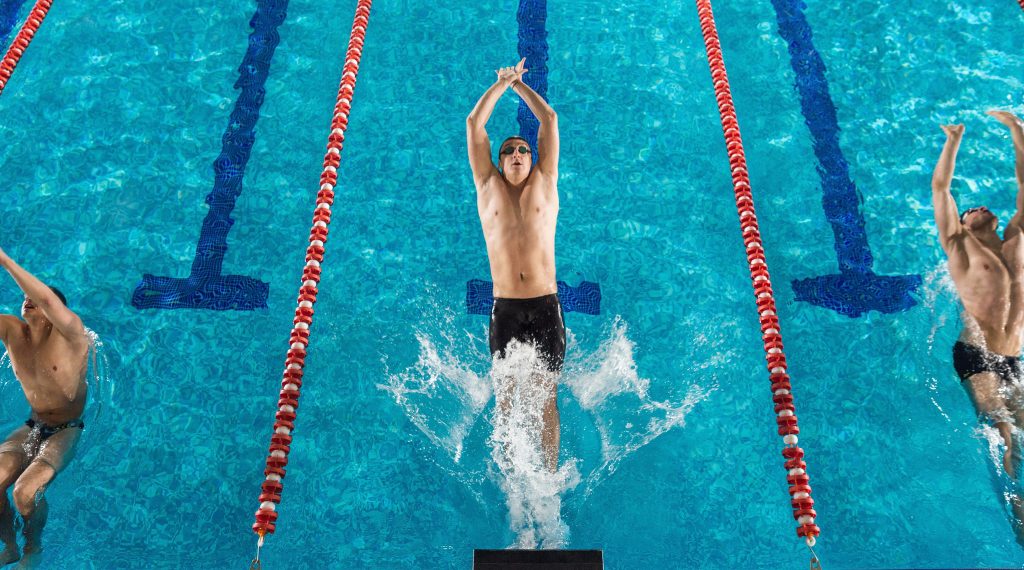
It is important to remember the absolute dedication that is required for a sportsperson to participate at professional level. With sports sciences developing in leaps and bounds to the extent that in the short time since Roger Bannister broke the 4-minute mile the record for running a mile has shrunk to 3:45.13 and Usain Bolt has smashed the 100-metre all the way down to 9.58 seconds.
Being an Olympian requires absolute dedication from an exceptionally young age. Indeed, most professional sport do. Diego Maradona, one of the most naturally gifted footballers of all time, spent his child relentlessly honing his skills including learning to juggle uncooked eggs with his feet without breaking them.
Olympians will average around 920 hour of exercise per year. It takes an estimated 10,000 hours or ten years of training. It also takes determination and mental drive, a battle which must be fought on a daily basis. Professionals must watch and re-watch videos of their performances, those of their opponents and practice mental exercises to improve focus. Professional sports require laser focused tunnel vision.
Across the Board
Michael Phelps, like Simone Biles, is one of the most dominant sports personalities in his field. Ultimately, he has become the most decorated Olympians of all time winning 28 medals. Additionally, however, he has had issues with drugs and alcohol.
Phelps was arrested twice for drunk driving and photographed using marijuana in public. He has also attended rehab. Despite his immense success, Phelps has struggled with depression, anxiety, and suicidal thoughts. ‘I struggled with anxiety and depression and questioned whether or not I wanted to be alive anymore.’
Ronda Rousey, a former UFC women’s champion, has talked openly about her thoughts of suicide after losing her title. She went on to discuss mental health as a whole, stating that it is ‘not a weakness we should condemn’. Meanwhile, Paul Gascoigne famously struggled with his mental health and has been diagnosed with a variety of issues throughout his life.
What’s the problem?
For professionals, the issues can traced to factors around the immense pressure under which they perform. They hold themselves to incredibly exacting standards. The training takes an emotional as well as physical toll. Furthermore, they must face the pressures of losing or failing to perform after dedicating almost all of their waking lives to their craft. In terms of Olympians, they are training for an event which is held once every 4 years. The slightest slip, trip or misstep will cost them the hundreds and thousands of hours they have dedicated.
Worse still, as we have seen from the appalling fallout from Euro 2020, there is a real and immediate reaction from ‘fans’ as well. Many athletes have come forward to discuss the disgusting abuse they face at the hands of anonymous messages via social media.
For those of us who aren’t professionals, there are still mental health pitfalls presented by participation in sport and exercise.
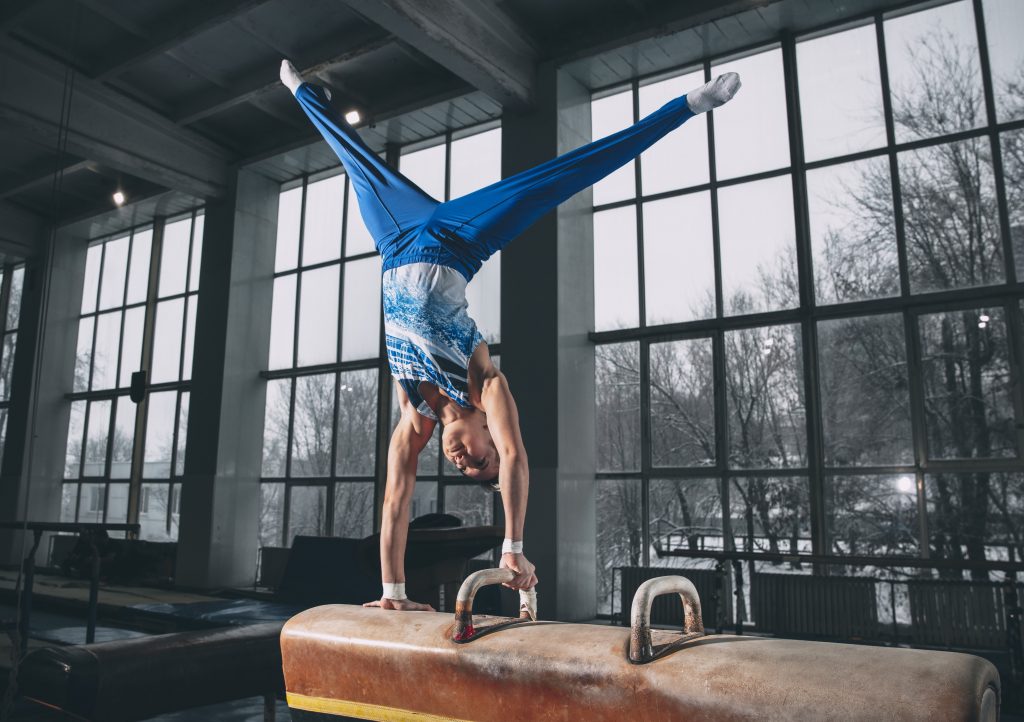
Overtraining, eating disorders, body disorders and even sleep disorders are potential issues that we need to become conscious of. Unobtainable beauty standards or the desperation to emulate sporting heroes can lead to obsessive tendencies.
This all being said, it is important to remember that you are 10-20% more likely to suffer from mental health issues like depression if you do not get regular exercise. The swathe of benefits of exercise are far greater than these potential issues. And vigilance and early detection of potential body-image issues will help. Though do spare a thought for those professional athletes, no matter their sport, as there is a noted lack of sufficient mental health support in place.
We can help
Based in Wolverhampton, Mental Health Midlands is a first-class training provider supporting businesses in Wolverhampton, Birmingham, Walsall and the Black Country. We provide recognised course in mental health such as two-day courses to become Mental Health First Aiders to basic entry level half day mental health courses to aid understanding of a misunderstood area. We help businesses to overcome mental health issues and break the stigmas around mental health in the workplace.
